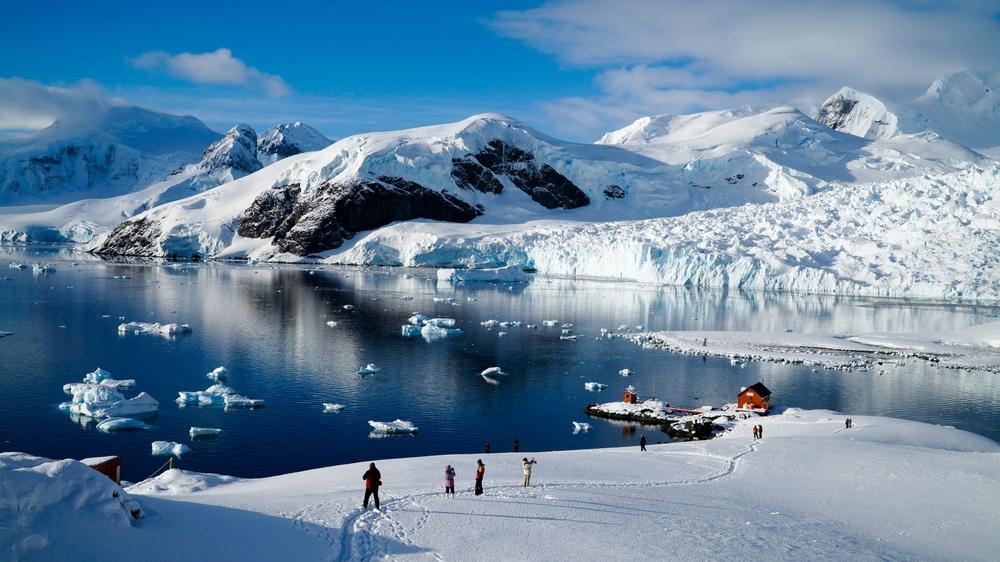The Australian federal government has pushed back on the criticism from the Greens over reducing funding for the Antarctic Research Division by $25 million (US$16.6 million).
This follows the Australian Greens calling the decision an “attack on science.”




